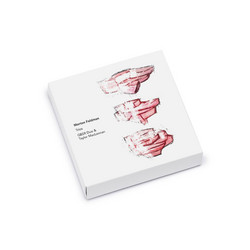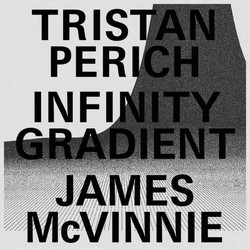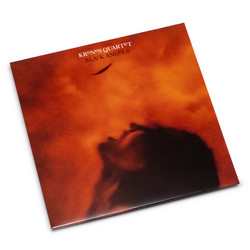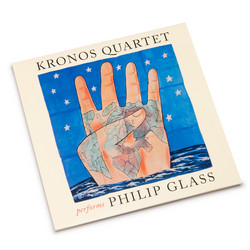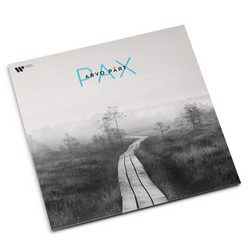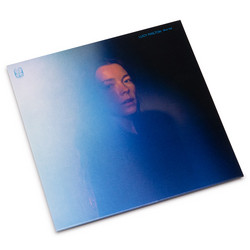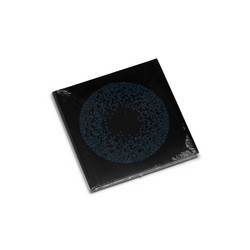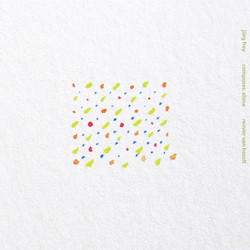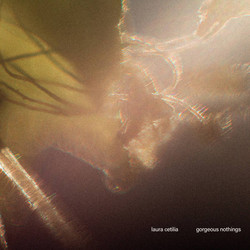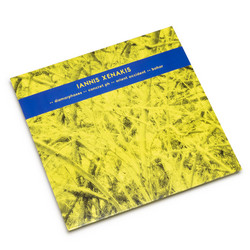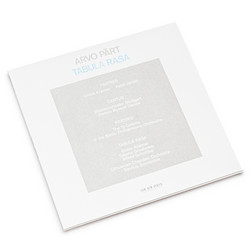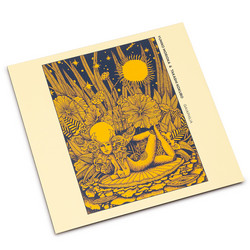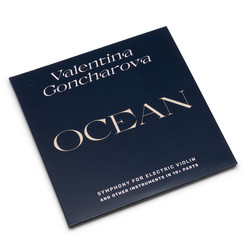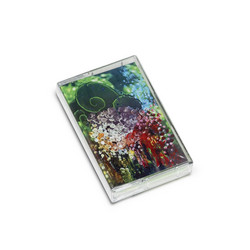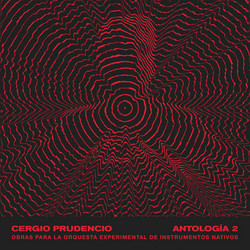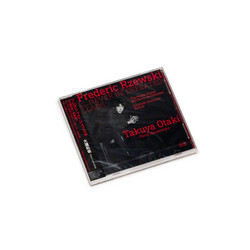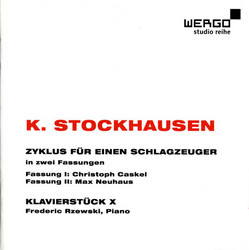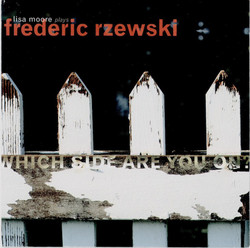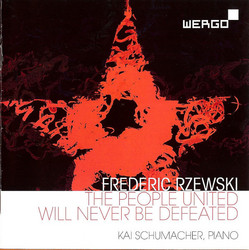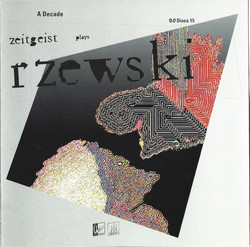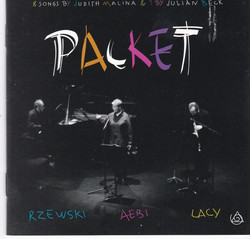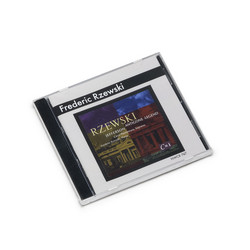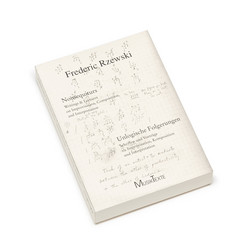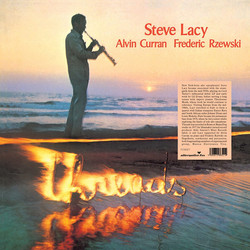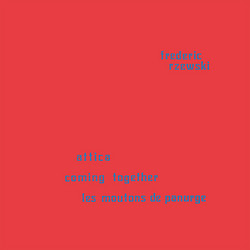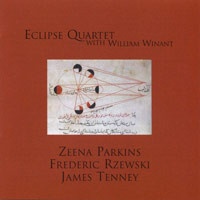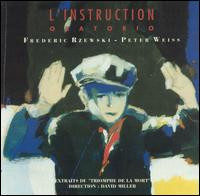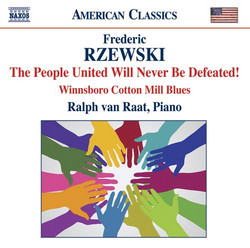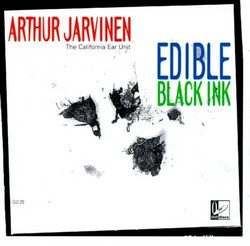Frederic RzewskiFeaturing: Anthony De Mare
De Profundis / Piano Piece No IV / Piano Sonata / Winnsboro Cotton Mill Blues
1995 release ** "This reading by Anthony de Mare of pianist Frederic Rzewski's compositions is a revelatory reading, in that those works that were written for piano and voice have never been heard outside of the composer's own interpretations. There's the amplified heavy breathing at the beginning of "De Profundis" that gives way to an angular series of scalar arpeggios and staccato phrasing before a long written oratory inspired by Oscar Wilde. At over 26 minutes, and composed for de Mare, Rzewski composed the work to accompany segments form Wilde's letters from prison. Rzewski exploits the full sonic possibilities of the piano, and also taxes those of the player as well. Wearing a body microphone that will amplify not only his voice, but also his body sounds, it is a draining meditation on sound and the sorrow of Wilde's situation. "Piano Piece No. IV" has a huge gong-like opening that calls attention to shimmering sheets of rising and falling sonorities before moving into a simple melody accompanied by clustered notes and chords that reach a piercing tremolo at the high register of the keyboard. "Piano Sonata" is a work built around enormous numbers of notes that move between past and present in their melodic and harmonic constructions, and the various sonorities presented reveal, at heart a childlike simplicity and echoes songs from that period, like "Ring Around the Rosy," "Three Blind Mice," "Santa Claus Is Coming to Town," and moving through songs of remembrance like "Johnny I Hardly Knew Ye" and John Lennon's hymn of possibility, "Give Peace a Chance." Finally "Winnsboro Cotton Mill Blues," from Rzewski's North American Ballads series begins from a folk song about the textile mills of North Carolina. There is another thunderous opening, like a train's roar, of which comes a ramshackle, choogling blues that seems defiant in the manner of the Deltas, but its melody is eventually subsumed by bleak, extended chords and the spirit is taken away and fades. These are powerful performances of profound American music, and we're lucky to have them."
